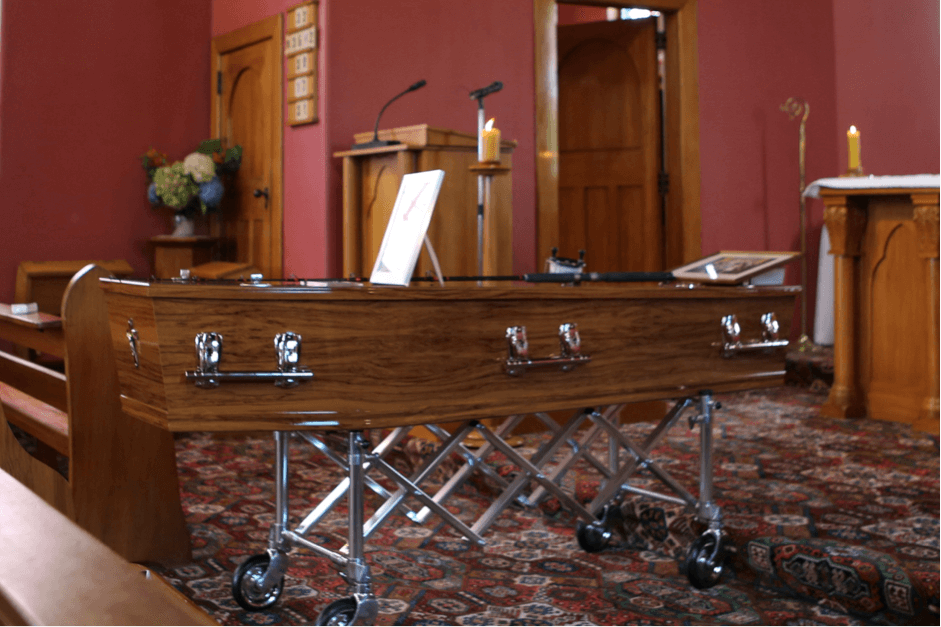I recently had to deal with my father’s passing. While he was 79 years old (not the ripe old age that many achieve these days) the nature of his passing was relatively sudden and not without its trauma. Being the oldest child the duty to prepare and present a eulogy fell to my shoulders; a responsibility I accepted with pride and trepidation. Being around family, friends and dad's peers and acquaintances gave me plenty of facts, stories, anecdotes and attributes to work with. I believe I even had his guiding hand in pulling the words together and supporting me in the delivery.
Over the past couple of months working through the loss, one of the more recurrent and poignant themes is that of the value in relationships. It is not surprising then that relationships are one of the pillars of any sustainability framework (refer earlier posts). Having strong and respectful connections with peers, leaders, staff, stakeholders and customers provides the context and moderation to our own and organisational development needs. A successful organisation will promote these relationships within a structured framework based around resilience and individuality. An emphasis on situational training, behaviour recognition and collaborative leadership embedded in individual and corporate performance targets, is key. Motivation through such goal setting focuses both individuals and the organisation on developing a sustainable human resource and creates the opportunity to discover, develop and adapt for both personal and organisational objectives.
To use a theme of the present; relationships promotes disruptive thinking which will lead to improved (sustainable) outcomes.
Thanks dad for the enlightenment!


